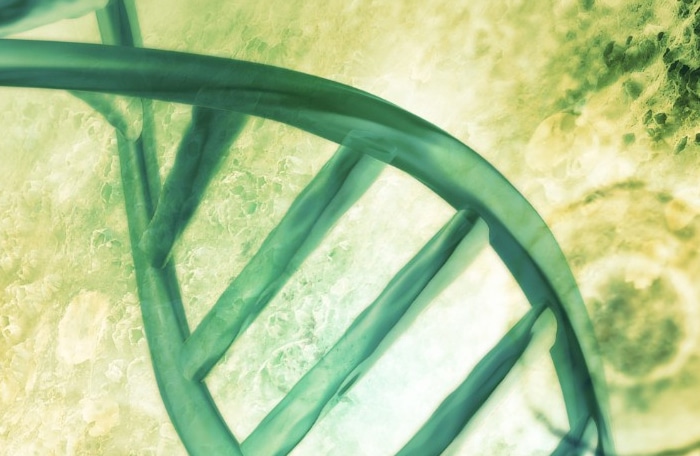Climate change threatens crops across the globe. But the problem goes far beyond rising temperatures. One major cause for concern is more acidic soil, a product of increasing rainfall. This can result in aluminum toxicity, putting further stress on global agriculture. A new project at Cold Spring Harbor Laboratory (CSHL) seeks to find solutions at the intersection of genomics and plant biology. Michael Zody, PhD, Scientific Director of Computational Biology at the New York Genome Center (NYGC), along with CSHL Professors Thomas Gingeras and Rob Martienssen, has received a $2 million grant from the National Science Foundation (NSF) to tackle aluminum toxicity. Their work may point the way to more resilient crops and stronger food supplies.
The team at NYGC will perform assemblies of long-read sequencing data generated at CSHL along with sequencing of RNA and other functional assays to create a map at the genomic level identifying differences between plants that are highly aluminum tolerant and those that are aluminum sensitive. This data will provide insight into new genomic approaches addressing the effects of climate change on crop production.
“It’s great to be able to apply NYGC’s expertise in high throughput sequencing and data analysis to exciting and diverse projects, and I look forward to collaborating with our colleagues at CSHL to help enable this important work,” says Dr. Zody.
In addition to NYGC and CSHL, the team includes researchers from the Donald Danforth Plant Science Center and Empresa Brasileira de Pesquisa Agropecuária.
Learn more about the grant by clicking here.
